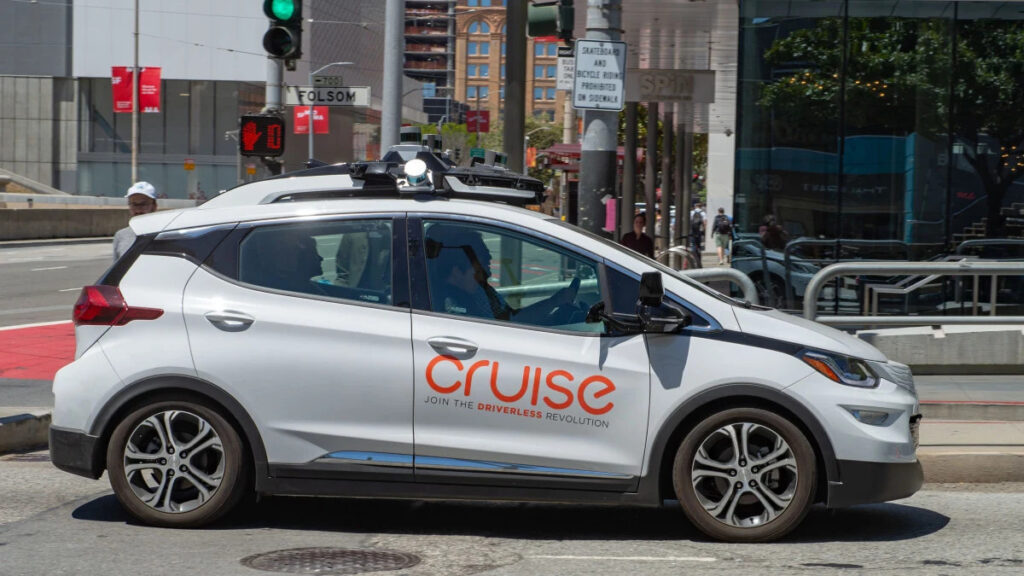GM's Cruise to offer robotaxis on Uber's platform from next year

SAN FRANCISCO — Cruise will offer its autonomous vehicles on ride-hailing platform Uber starting next year, the companies said on Thursday, as the General Motors-backed robotaxi firm attempts a comeback.
The multi-year partnership will allow Uber riders to choose a trip using a Cruise autonomous vehicle, they said. Shares of GM rose 1.3% in extended trading, while Uber fell 1.5%.
Uber has been offering driverless cars in Phoenix on its platform since October last year through a partnership with Alphabet’s Waymo, which has about 700 vehicles in its fleet and is the only U.S. firm operating uncrewed robotaxis that collect fares.
Cruise is looking to find its way back to U.S. roads after a major accident in San Francisco last year forced the company to halt operations. Earlier this year, it resumed testing with safety drivers while it works to reassure state and federal officials of the safety of its vehicles.
Cruise on Thursday agreed to recall nearly 1,200 robotaxis over hard braking issues, the U.S. auto safety regulator said, leading it to close a probe into the issue.
Uber’s partnership with Cruise comes as Tesla CEO Elon Musk is set to unveil its delayed plans for a robotaxi product in October amid slowing demand for electric vehicles.
Commercializing autonomous vehicles (AV) has been tougher than expected and taken longer than promised due to complex technology, soaring investments, tight regulatory scrutiny and federal investigations.
Uber sold its own self-driving division in 2020 to reduce cash burn and refocus on its core business, including ride hailing and food delivery.
Uber is “uniquely positioned to offer tremendous value for AV players looking to deploy their technology at scale,” CEO Dara Khosrowshahi said on a post-earnings conference call this month.
Trips by self-driving vehicles on Uber’s platform rose six-fold in the June quarter year-on-year, helped by partnerships with companies including Waymo, as well as startup Waabi for freight services.







